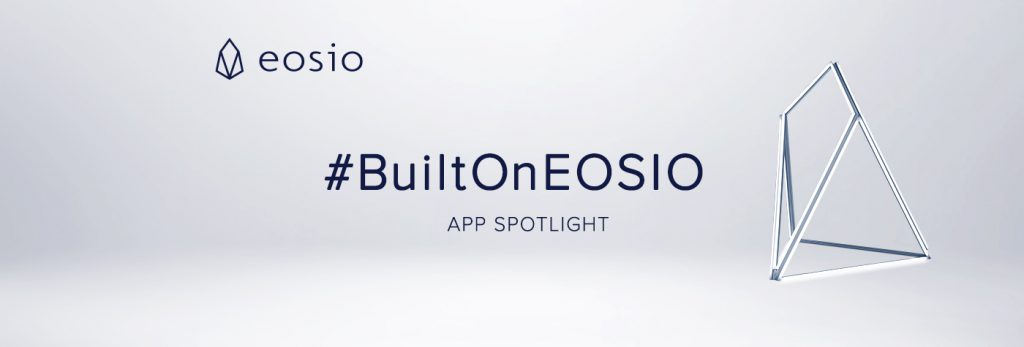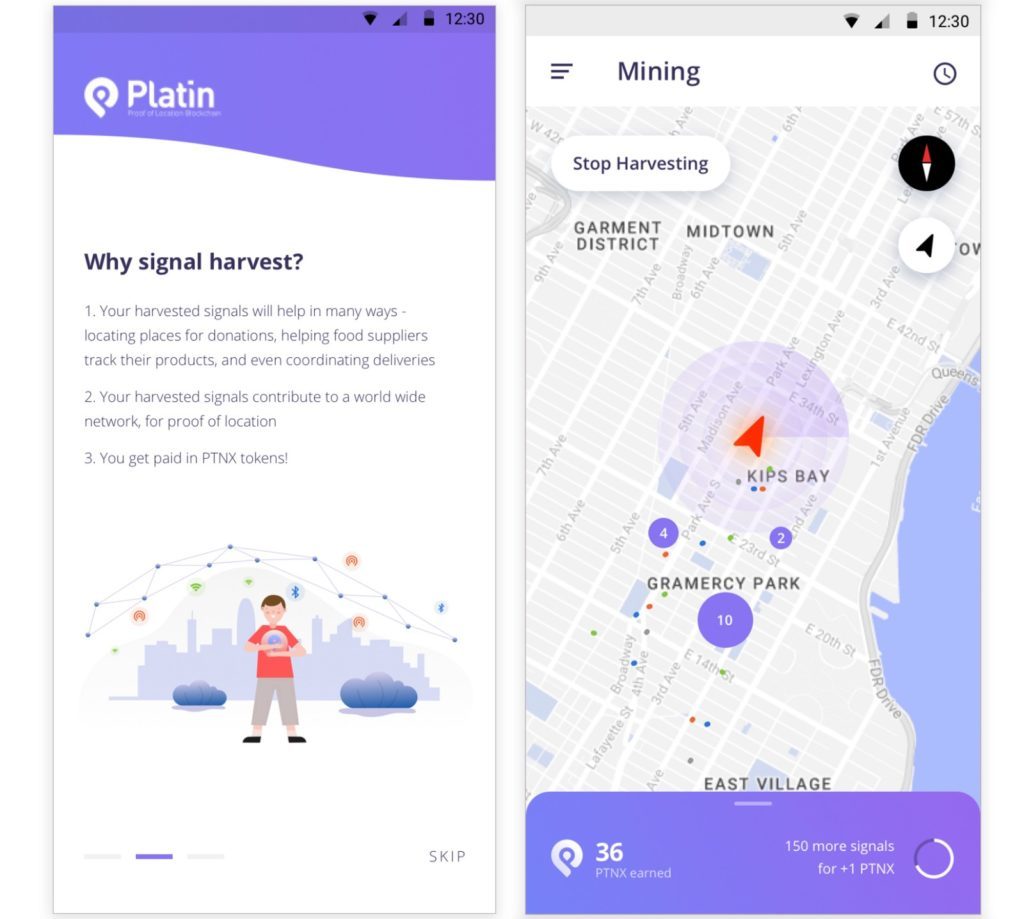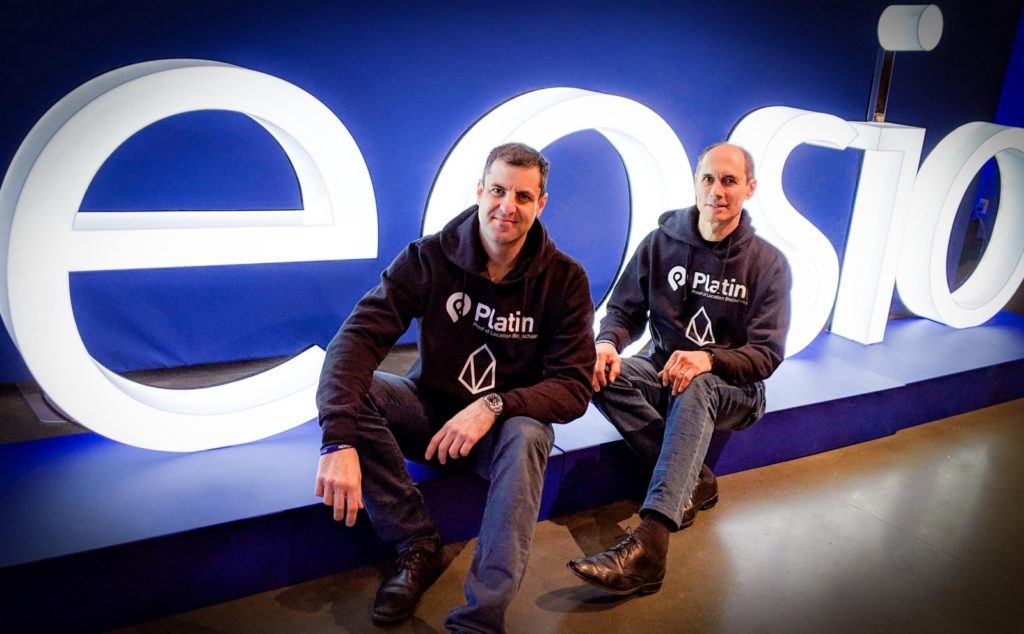Gimly’s Decentralized Identity Framework Is Built for Portability and Security
Gimly built a decentralized identify framework on EOSIO that offers users portability, security, and ease.

Perhaps it is not always obvious, but much of modern convenience owes to the benefits brought about by Location-Based Services (LBS). From finding rides on Uber to having food delivered to your doorstep by Postmates, tracking your jogging route with Garmin Connect to collecting characters on Pokémon Go, there is no doubt that our quality of life has changed for the better with the advent of LBS apps. But such convenience has also come at a cost, and a grave one at that — having your data privacy compromised and even worse, sold to companies for commercial gain.
As more and more accusations of big tech companies collecting customer location data come to the fore, innovative entrepreneurs and developers have started to devise blockchain-based solutions to make tracking more secure and transparent for all. One of these is Platin, a Proof-of-Location protocol that enables decentralized location verification. Unlike centralized LBS companies with a monopoly on location information, Proof-of-Location delivers on the promise of blockchain by giving back users power over their geospatial data, namely by making such data cryptographically immutable and thus untamperable by external parties, as well as by enabling private location witnessing without requiring the need to reveal personal information.

To do this, one can simply install the Platin app to carry out what they call ‘signal harvesting’, which essentially refers to the detection, collection, and verification of digital signals and meta data on a smartphone. In the long run, as more users partake in signal harvesting, they can “map [out] a world of wireless signals”, which serves as “a primary component contributing to verified location proofs (for those who will be requesting such verifications in the future).” Adopting the principle of token incentivization, the way Platin works is that users can place their EOS-based token in a location for another person to pick up once they verify their presence at that given location, or use EOS tokens to incentivize witnesses to participate in secure verifications. Contrary to information gathered from LBS apps, which are owned by and stored in the database of traditional location service providers, Proof-of-Location is based on a blockchain infrastructure, which means that users can securely verify their presence at a certain location without exposing details about their personal identity, all the while receiving rewards for the act of verification.
But how did the idea of marrying token incentives with secure location tracking come about in the first place? As both a serial entrepreneur and a blockchain evangelist who has been involved in the Israeli tech scene for more than a decade, Allon Mason, Co-Founder and CEO of Platin, explains how the project spawned from the acute awareness that people found digital assets too hard of a concept to grasp, let alone use for practical purposes. “Early on, we had realized that the learning curve for digital currency was overly challenging for non-blockchain enthusiasts, which led us to the insight that location characteristics could make cryptocurrency more ‘real’ and physical,” he says. “So the Platin team started looking into location security and location witnessing as a consensus protocol, which gave birth to the Platin app.”

So far, Platin’s applicability for many industry use cases has garnered them cooperation with a number of multinational companies, government bodies and academic institutions such as 7&i holdings (the parent company of 7-Eleven), Tokyo Metropolitan Government, and the Technion — Israel Institute of Technology, among many others. “We have been working on our protocol to further support incentivized airdrops for both commercial and humanitarian efforts, as well as to implement integrated solutions for KYC and address verification,” adds Mason. As Platin’s technology matures, it is the team’s hope that enterprises and governments will see Platin on EOSIO as a way to lower friction and cost around any parts of their operation that are relevant to location, such as supply chain, for which the provenance and logistical trail of materials are crucial, as well as currency geofencing, which prevents speculators outside of a given economic zone from manipulating the zone’s currency value.
The core to achieving Platin’s goal is no doubt blockchain technology and the unique benefits that it offers. “Blockchain enables immutable data and consensus algorithms, which are both crucial to our mission of disrupting a centralized geospatial marketplace. In addition to giving back users power over their geospatial data from siloed location service providers, Proof-of-Location can also allow for secure and private location witnessing that had not been previously possible,” comments Mason. Specifically, the team chose to build on EOSIO as “it has the scale and performance that a demanding Proof-of-Location like Platin would require. EOSIO also holds specific advantages in user authentication, governance transparency, ease of coding and scalability”, while “the ability to code in C++ has sped up Platin’s integration and deployment right from the outset,” Mason added.
Since the project’s inception, the EOSIO developer community has shown considerable enthusiasm towards the prospect of Platin’s support for EOS within its signal harvesting app and other platforms, and participants of Block.one’s EOS Global Hackathon in San Francisco had the chance to engage with Platin’s geospatial airdrops first hand. For an app with such groundbreaking potential to redefine trust through technology, Platin is positioning itself as one of the trailblazers at the forefront of the Web 3.0 revolution.
More information on the Platin app available on https://platin.io
Stay tuned to our EOSIO Spotlight series where we’ll highlight some of the truly exceptional projects being built on our platform. If you have a project you’d like to share with us, please email [email protected].
-Developer Relations team
All product and company names are trademarks™ or registered® trademarks of their respective holders. Use of them does not imply any affiliation with or endorsement by them.
Important Note: All material is provided subject to this important notice and you must familiarize yourself with its terms. The notice contains important information, limitations, and restrictions relating to our software, publications, trademarks, third-party resources and forward-looking statements. By accessing any of our material, you accept and agree to the terms of the notice.